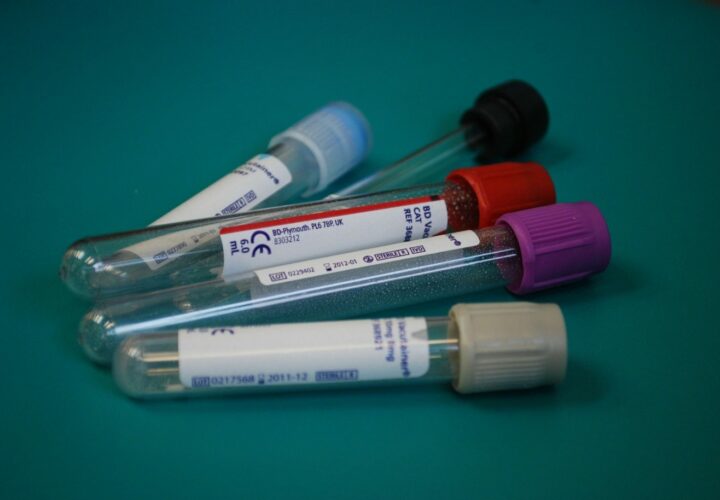Researchers announced today that an Alzheimer’s clinical trial spearheaded by Washington University School of Medicine in St. Louis has been cancelled. Initial data analysis showed the drugs being tested, solanezumab and gantenerumab, did not reduce memory loss or cognitive decline in Alzheimer’s.
The phase 2/3 trial was being conducted at 24 different sites across several different countries, including the U.S., Australia, Canada, France, Spain and the U.K.
The clinical trial was being held through Washington University’s Dominantly Inherited Alzheimer Network-Trials Unit (DIAN-TU), which focuses on people who are at risk of developing Dominantly Inherited Alzheimer’s disease (DIAD). DIAD affects only about one percent of people with Alzheimer’s, but it begins early, developing in patients as early as their 30s or 40s.
Both solanezumab, which was developed by Eli Lilly and Co., and gantenerumab, which was developed by Roche (and its U.S. affiliate, Genentech), were designed to target beta-amyloid buildup in people with DIAD.
The drugs were meant to be administered during the years leading up to symptoms appearing or a diagnosis, a “silent” phase during which amyloid plaques are forming in the brain. The goal was to slow down some of the cognitive decline or memory impairment associated with the disease by reducing beta-amyloid, but the topline results did not support the drugs’ effectiveness.
“Although the drugs we evaluated were not successful, the trial will move us forward in understanding Alzheimer’s,” Dr. Randall Bateman, director of DIAN-TU and a professor of neurology at Washington University, said in a news release.
He noted that the trial’s design, which had been developed by the National Institutes of Health (NIH), academic leaders and various pharmaceutical companies, “will make advances for future Alzheimer’s trials.”
The study was examining 194 participants over the course of five to seven years. All participants had familial genetic mutations that cause early onset Alzheimer’s–mutations that, when inherited from their parent, would make them develop symptoms around the same age as their parent did.
Several Alzheimer’s clinical trials have been cancelled in recent years, calling the once-dominant beta-amyloid theory into question in the research world.
Most recently, Biogen cancelled its aducanumab trial in March 2019, only to announce it was bringing it back in October 2019. Biogen plans to begin recruiting participants for the new aducanumab trial in March 2020.
Though the cancelled DIAD trial wasn’t successful in reducing beta-amyloid or slowing symptoms of the disease, the researchers noted that they collected brain scans, blood samples and cerebrospinal fluid that they will analyze and use to aid in future research.
“Ongoing and continued research and trials will bring us closer to our goal to stop Alzheimer’s,” Bateman said. “We will continue until we’re successful.”




